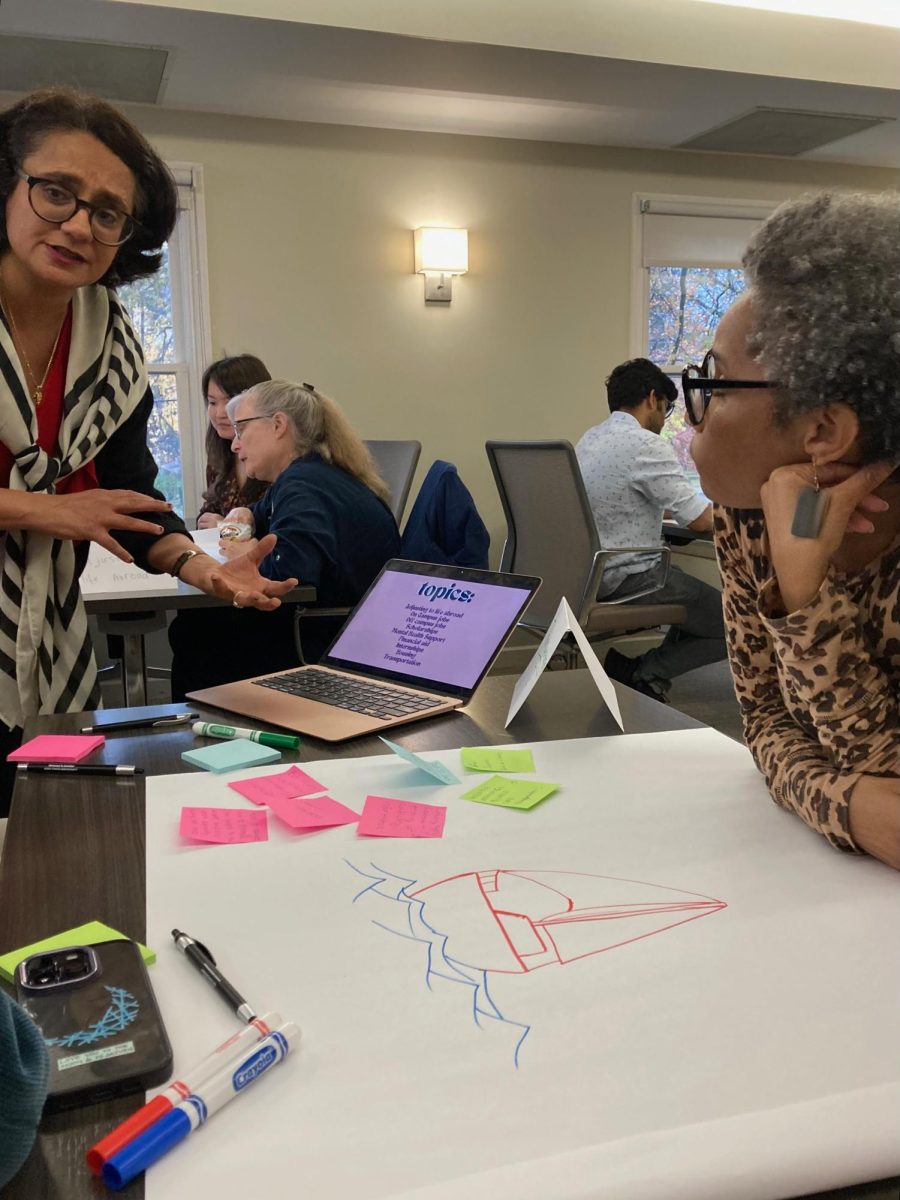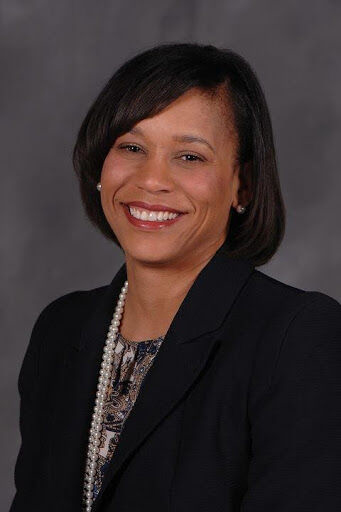House Bill 68, a bill focused on the restriction of gender-affirming healthcare for transgender people under the age of 18, was approved by the Ohio Senate Jan. 24.
The bill was originally vetoed because Ohio Gov. Mike Dewine spoke to the parents and families of transgender children and concluded that he wanted to protect parents and children from government interference in medical practices.
“These are parents making decisions based on the best medical advice they can get and for the state to come in and say we know more, the government knows more, Columbus knows more in this area, to me, was the wrong way to go,” Dewine said in a press conference. “No one loves their child more than their parents.”
The Ohio Senate voted to override Dewine’s veto against HB 68 in a 23-9 vote.
Since Dewine’s veto was overturned, HB 68 is set to become law in April.
More specifically, HB 68 prohibits physicians from prescribing puberty blockers or cross-sex hormones and performing any type of gender-affirming surgery on minors.
Limiting access to gender-affirming care has left some transgender children feeling unwanted in Ohio, and with possible solutions narrowing, some people are discussing the possibility of moving out of state.
“We already see articles about transgender youth leaving the state, so one way we are being harmful is by asking people to uproot their entire lives, their known community, and move somewhere else just so they can access care,” Caraline Feairheller, a political science graduate student, said.
The Saving Ohio Adolescents from Experimentation (SAFE) Act was introduced on Feb. 27, 2023, and is part of what is now HB 68. The SAFE Act requires mental health professionals to annually report information regarding minors they have treated for gender related conditions and prohibits Medicaid from covering gender transition services.
Finley Foehl, a transgender freshman majoring in anthropology, said he was concerned with how the passing of this legislation would negatively impact transgender youth.
“In Ohio, they say that they are keeping them [trans kids] safe but are actually just making them face so much mental turmoil,” Foehl said.
HB 68 was originally only composed of the SAFE Act, but HB 6, the Save Women’s Sports Act, was added to the bill. This act bans transgender women from competition sports from kindergarten through college. The Save Women’s Sports Act, when first introduced, was met with backlash because of required “genital exams” for transgender athletes. Mention of these “genital exams” have since been removed from the bill.
Several different states have passed similar legislation to Ohio’s HB 68.
“A lot of this legislation is copycat legislation, so how it is written in one state is how it is written in another state,” Feairheller said. “I think there are 23 other states that have done trans woman sports bans.”
With the increased scale of anti-LGBTQ+ legislation being introduced in the courts, the stress for LGBTQ+ activism has increased.
Rachel Kleinhenz, a sophomore sociology major, believes the reason these bills are being introduced and passed is because people outside of the LGBTQ+ community have stopped paying attention to this legislation.
“Queer people should fight for their rights, whether that is calling lawmakers, staging demonstrations, using your voice and educating other people,” Kleinhenz said. “Uniting as a community while also bringing in people from outside of the community to realize how detrimental this is.”
Based on states with similar legislation, this bill may be challenged in court.
On Jan. 29, The American Civil Liberties Union of Ohio announced that they are preparing a lawsuit against HB 68 in hopes to halt the law before it goes into effect on April 23.
Noah Hite, a senior in high school who interns at the LGBTQ+ center, expressed their opinion about the political power in office and how it makes them feel about living in Ohio.
“I do not feel unsafe in my community, I feel unsafe about people in higher power that want me dead,” Hite said.
Kay Steiner is a reporter. Contact him at [email protected].





